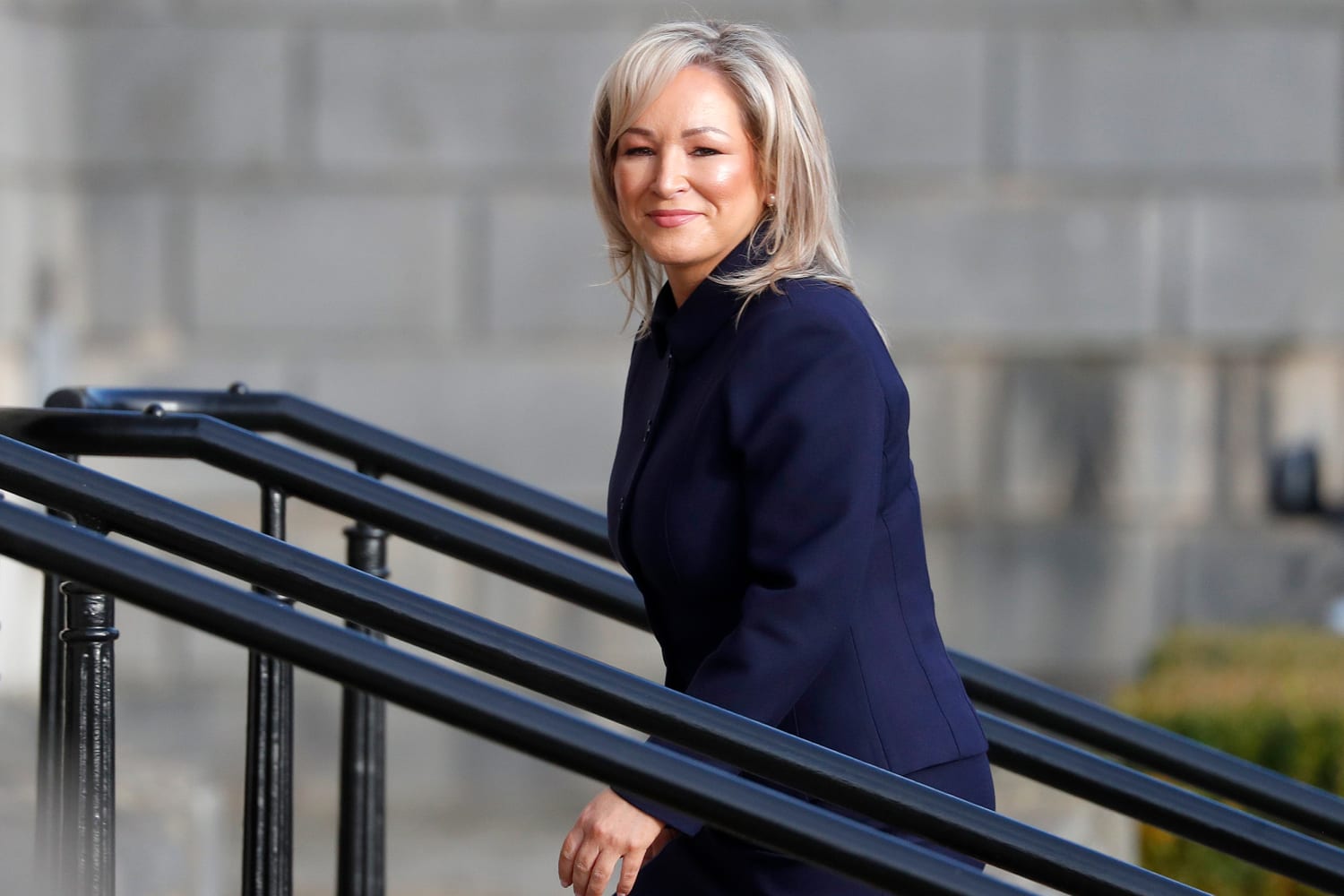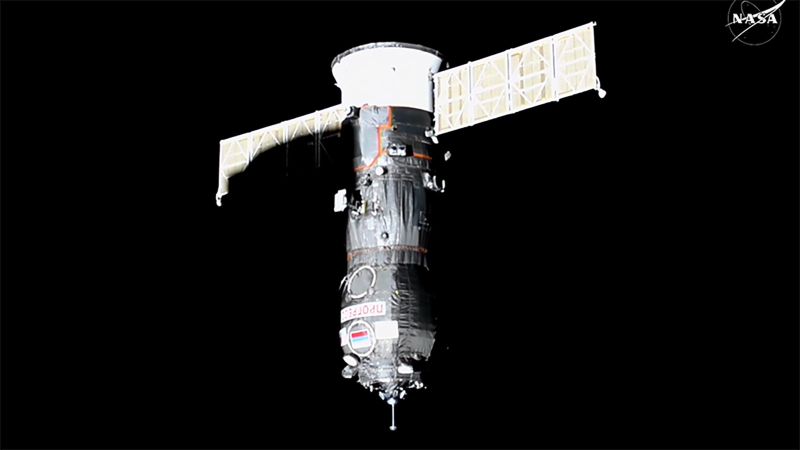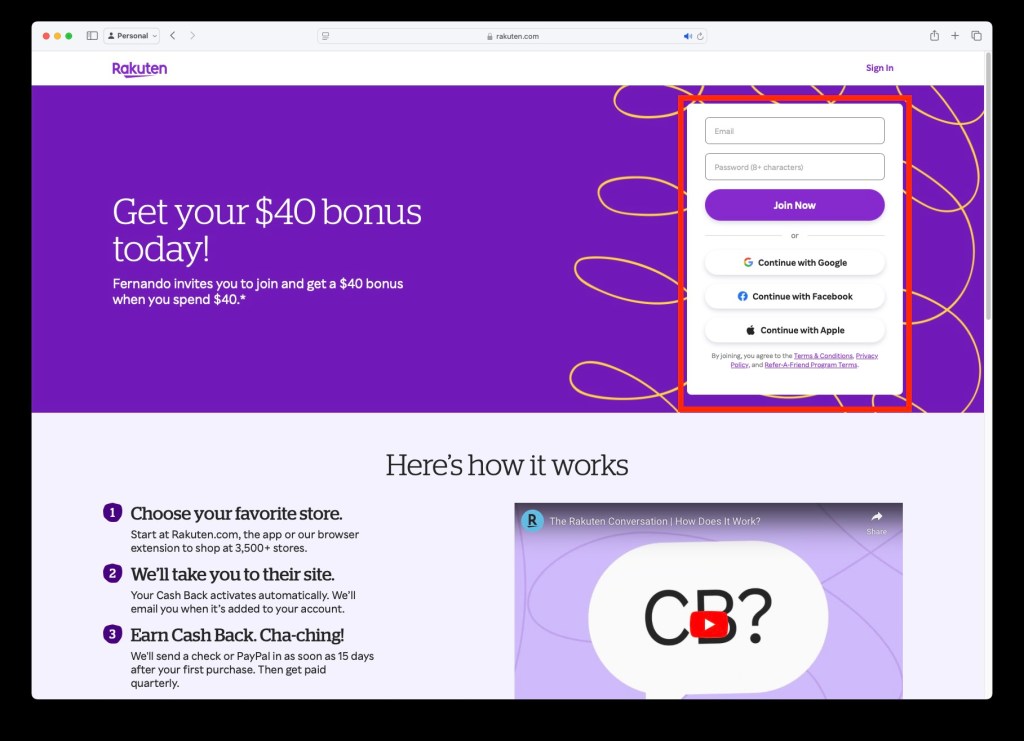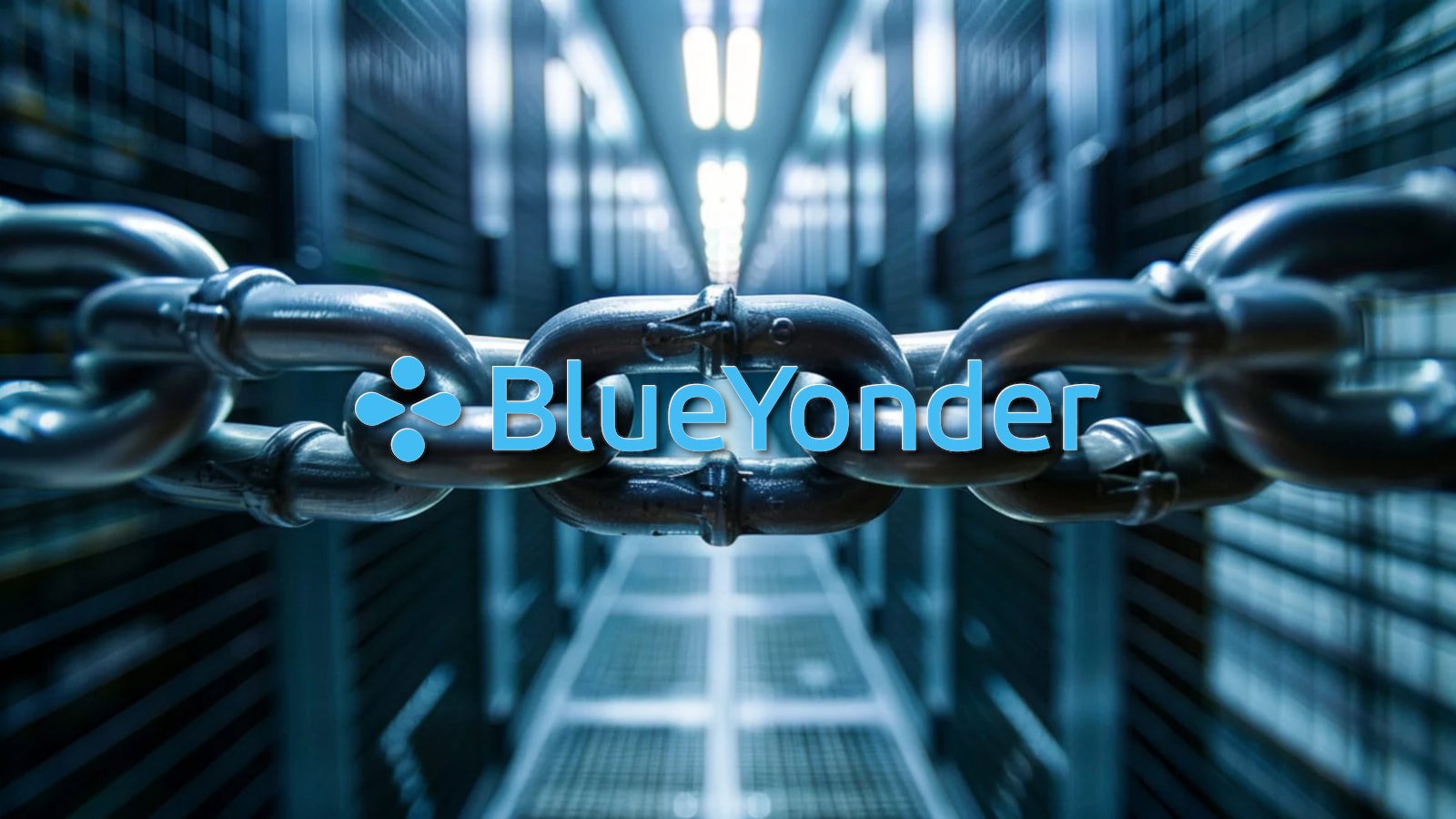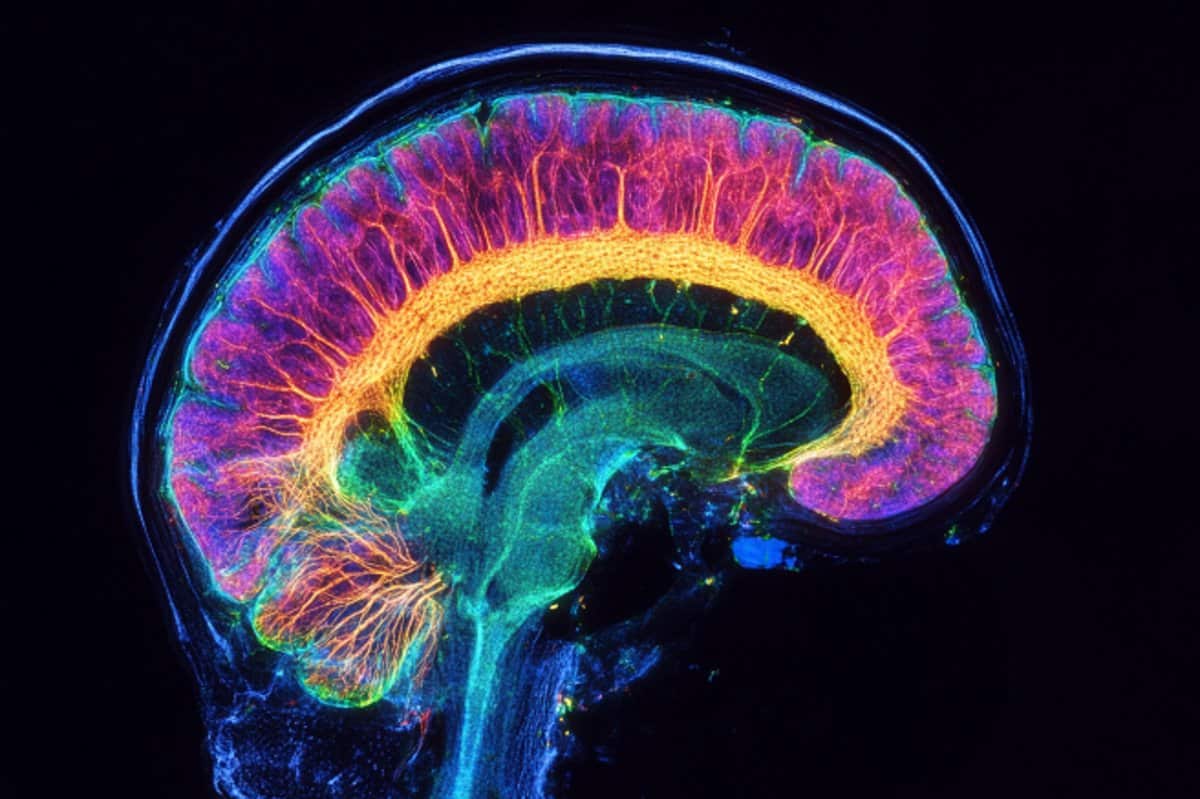The return to government business in Northern Ireland after a two-year boycott by unionists saw Sinn Fein Vice President Michelle O’Neill nominated as the first minister, marking a historic moment as the first Irish nationalist to hold this position in Northern Ireland. The government shares power between Northern Ireland’s two main communities under the terms of the 1998 Good Friday peace accord — the British unionists and the Irish nationalists. O’Neill’s pledge for cooperation and genuine sincere efforts with colleagues from different traditions aims to promote an inclusive assembly for all, regardless of religious or political background.Neither side can govern without agreement from the other. The government had been stagnant for the past two years due to the Democratic Unionist Party’s withdrawal over trade issues related to Brexit. O’Neill will share power with deputy first minister Emma Little-Pengelly from the DUP, as equals, but O’Neill, whose party had more seats in the 2022 elections, will hold the more prestigious title.Former DUP leader Edwin Poots was elected as speaker of the chamber.O’Neill, having been elected to the Stormont Assembly in 2007, comes from a family of Irish republicans, and her party, Sinn Fein, was affiliated with the militant Irish Republican Army during the Troubles, which ended with the Good Friday Agreement.Former Sinn Fein President Gerry Adams, who played a pivotal role in brokering the peace agreement, was present at the assembly to witness O’Neill’s nomination.The long-debated trade dispute between the U.K. and the EU over goods entering Northern Ireland from Great Britain had led to a two-year period without a functioning administration. The cost of living soared, and public services were strained during this time. An open border between the north and the republic was a key part of the peace process that ended the Troubles. A year ago, the U.K. and the EU reached an agreement, known as the Windsor Framework, which eased customs checks and other hurdles. However, it did not satisfy the DUP, which continued its boycott.This week, the U.K. government agreed to new changes that would eliminate routine checks and paperwork for most goods entering Northern Ireland, although some checks will remain for illegal goods or disease prevention. The changes also included legislation affirming Northern Ireland’s constitutional status as part of the U.K. and providing local politicians with democratic oversight of any future EU laws that might apply to Northern Ireland.The U.K. government will provide Northern Ireland with over 3 billion pounds ($3.8 billion) for its public services once the Belfast government is operational again.DUP leader Jeffrey Donaldson expressed optimism about the changes, stating that they have brought about a positive transformation that many believed was not possible. He emphasized the respect and protection of Northern Ireland’s place in the United Kingdom and its internal market, restoring the benefits of the union for all the people.
Irish nationalist makes history as the first minister of Northern Ireland’s government
